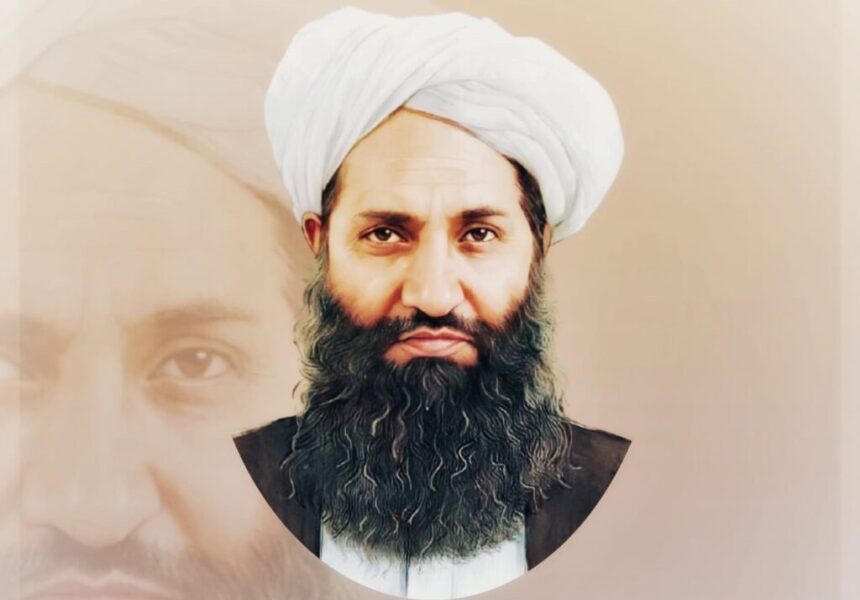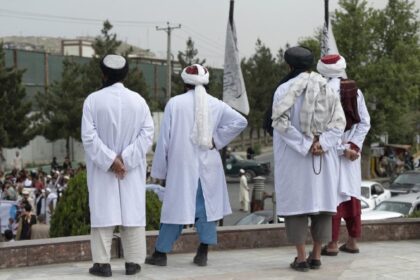RASC News Agency: In a revealing and deeply troubling address delivered during a high-level internal seminar, Taliban supreme leader Hibatullah Akhundzada instructed the group’s intelligence agency to intensify its efforts against individuals or groups accused of “insulting Islamic rituals” or posing ideological threats to the regime. The seminar, attended by senior intelligence operatives and provincial directors, was held under the direct supervision of the Taliban’s Deputy Director for Intelligence Operations. In his speech, Akhundzada declared that the Taliban’s General Directorate of Intelligence (GDI) must function as the regime’s “spinal column,” tasked with defending the so-called Islamic system from any form of dissent, whether explicit or covert. He warned that no deviation from the regime’s rigid interpretation of Islam should be tolerated and ordered intelligence officials to ensure that no opposition videological, religious, or political is allowed to take root within society.
“The Taliban system was built through jihad and sacrifice,” Akhundzada stated, invoking the group’s militant origins. “Therefore, it is the solemn duty of the intelligence services to protect it at all costs and thwart all enemy plots.” He further instructed intelligence agents to act decisively against what the regime defines as blasphemy or irreverence toward Islamic principles and to expand coordination with other Taliban institutions in enforcing hardline interpretations of Sharia law and manipulating public sentiment. These statements come at a time when the Taliban’s interpretation of Islamic law continues to face widespread rejection from respected Islamic scholars across Afghanistan and the broader Muslim world. Many scholars have denounced the Taliban’s use of religion as a tool of repression, arguing that their draconian policies contradict both the spirit and substance of Islamic jurisprudence. The group’s insistence on monopolizing religious interpretation has effectively silenced theological diversity and criminalized peaceful ideological debate.
Human rights organizations and civil society observers have consistently accused the Taliban’s intelligence agency of operating as a brutal instrument of political and religious oppression. Under GDI authority, scores of activists, journalists, women’s rights defenders, and ordinary citizens have been subjected to arbitrary arrest, torture, and prolonged detention without due process. International watchdogs have documented numerous cases of forced confessions and incommunicado detentions in the name of “protecting Islamic values.” Despite these widespread abuses, the Taliban continue to justify their actions under the pretext of defending religious sanctity and national security. In reality, critics argue, the intelligence apparatus has become a powerful mechanism for suppressing dissent, eliminating civil freedoms, and consolidating an authoritarian regime that lacks public legitimacy.
Akhundzada’s latest remarks only deepen fears that the Taliban intend to escalate their repressive tactics under the guise of religious defense. By framing any critique or alternative interpretation of Islam as a threat to the state, the regime effectively equates religious fidelity with loyalty to its authoritarian rule a dangerous conflation that undermines both spiritual integrity and basic human rights. As Afghanistan remains cut off from democratic governance, freedom of expression, and legal accountability, the unchecked power of the Taliban’s intelligence agency poses a grave threat not only to dissenting voices but to the future of the nation itself.






